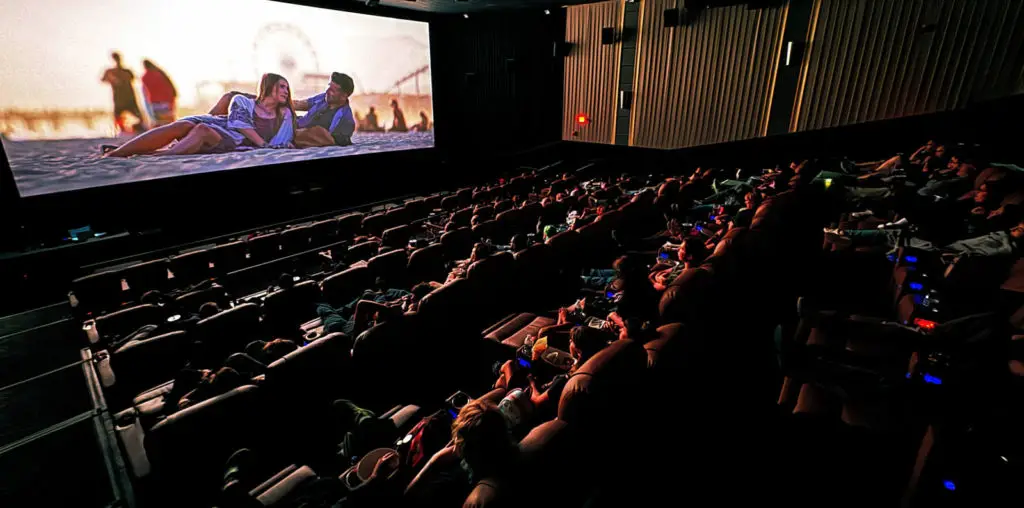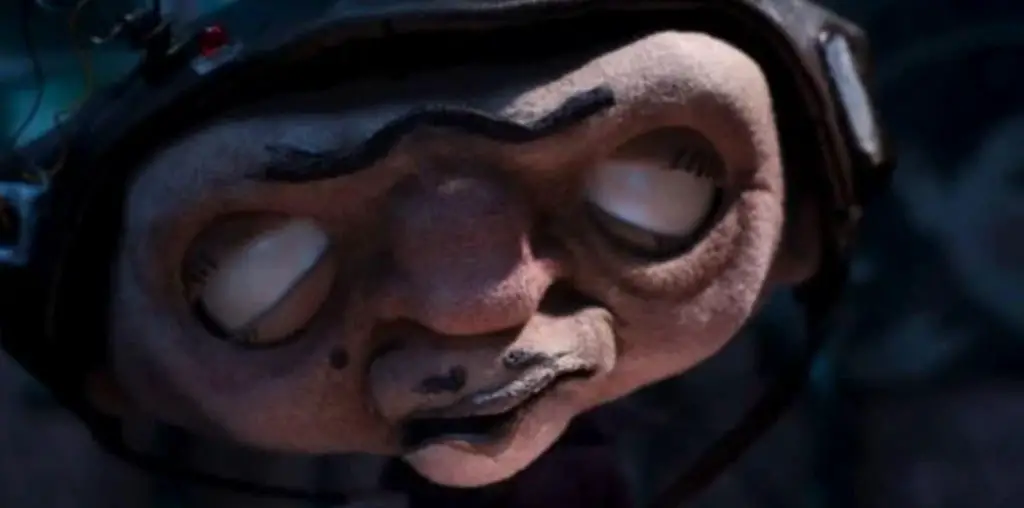
No one who’s seen Borat or Bruno will be surprised to learn that Sacha Baron Cohen’s new comedy is likely to shock in places. What is unexpected is the fact that the most shocking thing about The Dictator is how thoroughly conventional it is.
This is basically Coming to America with more gross out gags. Baron Cohen abandons the mockumentary approach which made him a global megastar for the scripted story of Admiral General Aladeen, the despotic ruler of Wadiya, a fictitious North African country.
That’s the first sign the comedian has begun to pull his satirical punches. “I am not an Arab,” the character is careful to announce in the movie’s opening moments. At the same time, the target of almost every joke in the film is Arab culture and Middle Eastern mores, so the disclaimer feels oddly disingenuous. Since when is Baron Cohen afraid to offend?
Aladeen is a fairly standard issue tyrant. He lives in garish splendor while his people go hungry. He collapses in laughter when he speaks publicly about enriching uranium “for clean energy purposes.” One of the Wii games we see him playing in his palace gives extra points for beheading westerners. You know, like they’re always doing in North Africa.
Well, you can’t have a fish out of water comedy if the fish doesn’t get out of the water so the picture’s writing team contrives a cartoony twist. Aladeen’s scheming Uncle Tamir (Ben Kingsley) replaces him with a double during a visit to New York where the tyrant has traveled to address the UN. Tamir’s plan involves turning Wadiya into a democracy so he can sell oil to foreign interests (only democracies can sell their oil?). Before Aladeen knows what hit him, he’s out of power and out on the streets.
About the time one recovers from the shock of watching Kingsley slum through the most one dimensional role of his career, another stunning realization sets in: The Dictator, for all practical purposes, is a romantic comedy. Through a convoluted series of events which doesn’t merit rehashing, Aladeen winds up working at a health food co-op run by an eco-friendly feminist named Zoey, played by Anna Faris. In theory the character provides a love interest but in practice she’s little more than an easy target for obvious jabs. I lost count of the bits about her unshaved armpits.
Other easy targets include post-9/11 anxiety. The scene which comes the closest to matching the outrageousness of Baron Cohen’s previous feature work has him sharing a helicopter with a pair of American tourists. As the group takes in sights like the Statue of Liberty and Empire State Building, Aladeen converses with a dark-skinned companion in what sounds like Arabic. The joke is the Americans are horrified to overhear him apparently planning an attack on the city. They catch portions of the conversation like “911” and “2012.” Edginess ultimately gives way to silliness, however, when it turns out he’s bragging about his new Porsche. Given the character’s circumstances, it’s a bit of a stretch.
Let’s be honest: Borat was a seismic comic event, something new and brilliantly original, but it’s been downhill from there. In the wake of Bruno’s less enthusiastic reception, the performer and his now three-time director, Larry Charles, decided to tweak their formula. And there are laughs here, though too few to fill even this picture’s modest 83 minute running time.
Wherever the solution to the team’s artistic dilemma lies, it’s probably not with assimilation into the cinematic mainstream, something Baron Cohen and Charles attempt halfheartedly here. The answer, more likely, is regime change. Perhaps the partnership has run its course and the time has come for the one-time king of comedy to see whether he has what it takes to regain the throne on his own.

